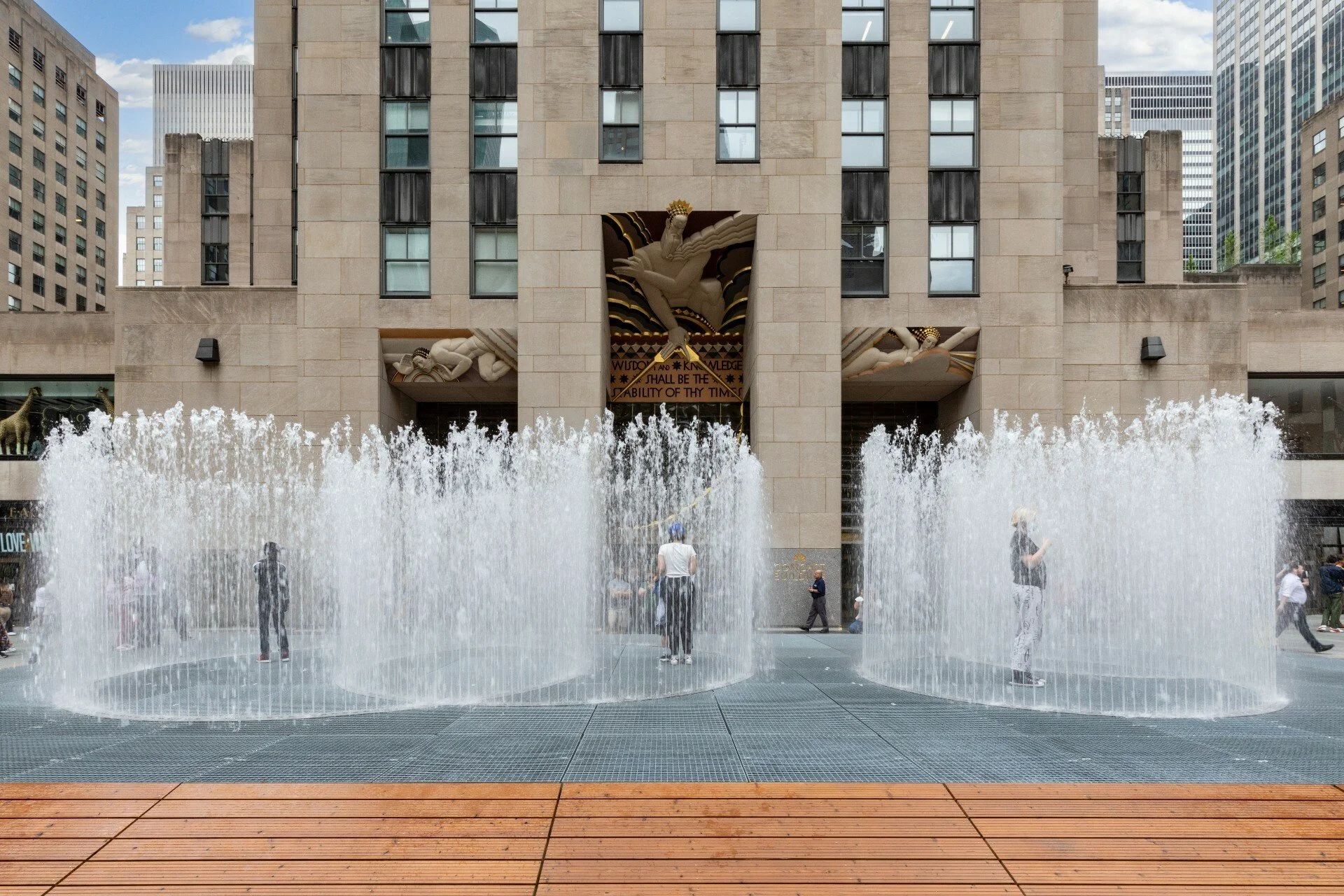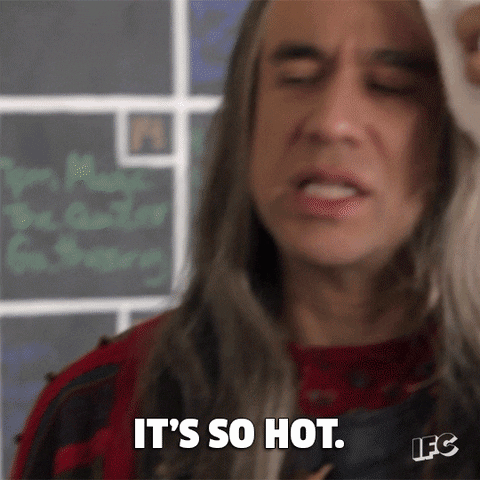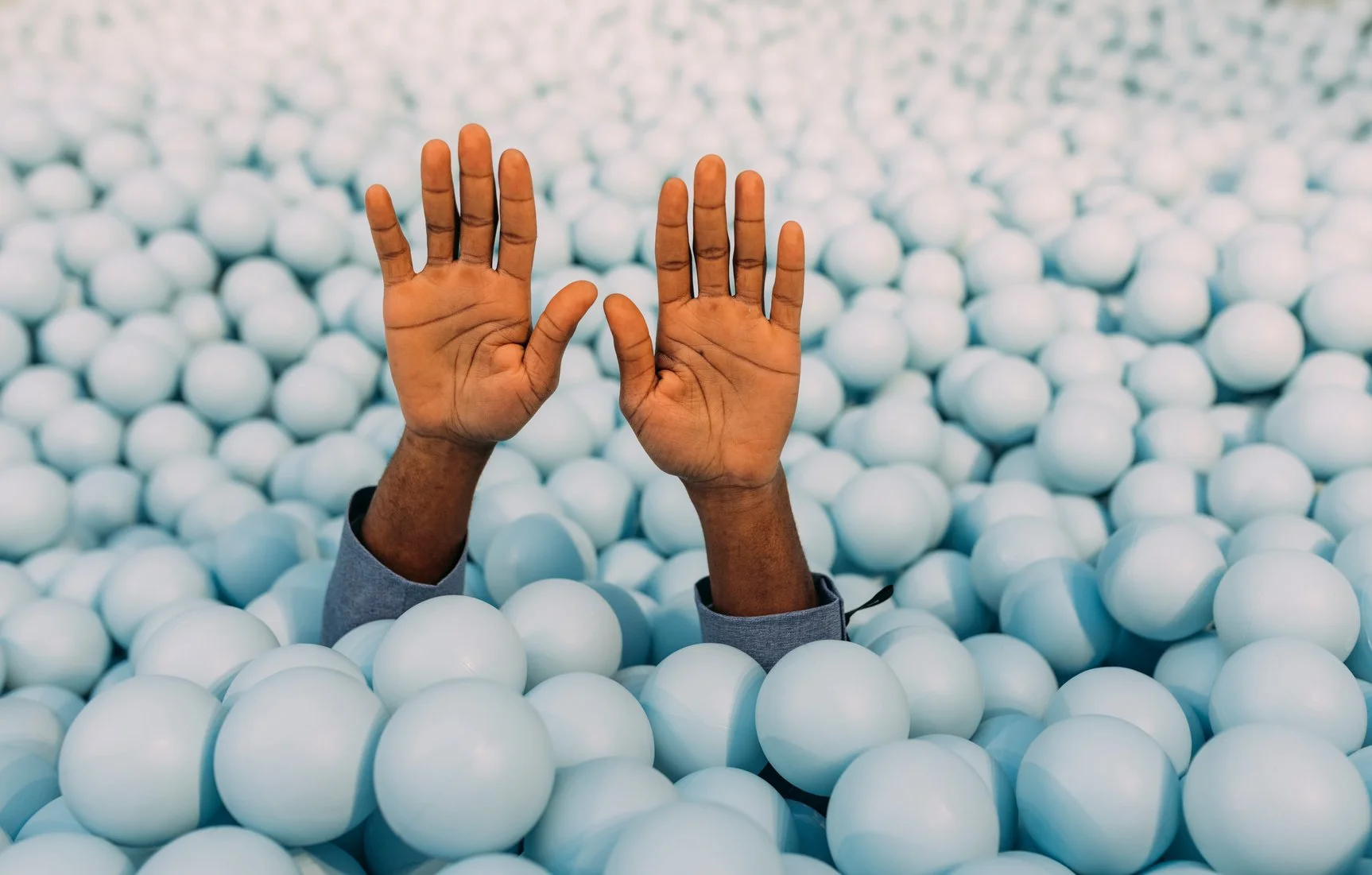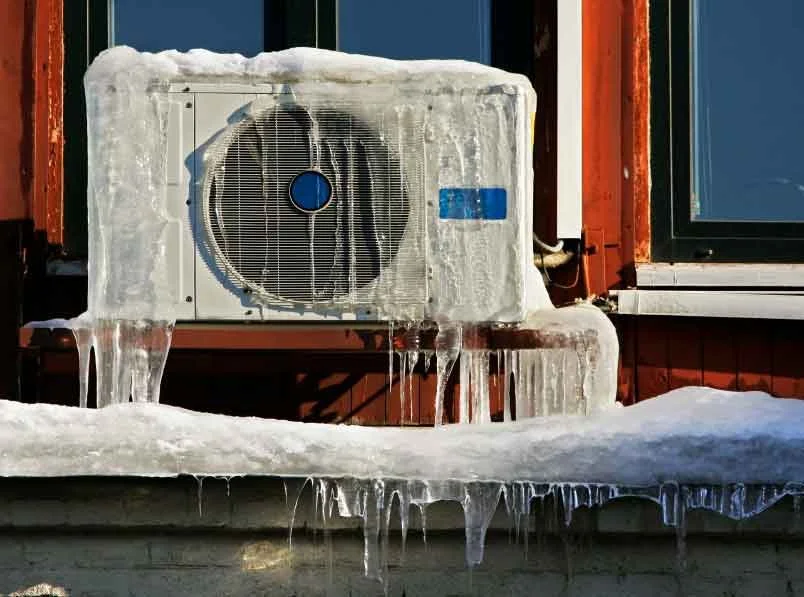With extreme heatwaves affecting the globe this season
two scientists offer up some evidence-based advice on keeping cool that won’t hurt your wallet!
Put your hands or feet in cold water
In extreme heat, the body opens up the blood vessels that are closest to the skin, those vessels then carry heat from the inside to the surface where your body benefits from the cooling effect of sweat evaporating. To stay cool, focus on parts of the body with lots of blood vessels, such as your hands, feet, wrists, feet, ankles, and armpits. It is also recommended that you put cooling pads on those areas by dunking them into the water.
Swimming or dipping into a cool bath or shower is also very effective. You can also spray your skin with water and wet your t-shirt as well. Methods like this help cool down the skin without costing the body its own moisture.
Eat light meals
Eating lighter meals like salads helps also! This is because light foods require less energy to digest, therefore producing less heat inside the body. More complex and heavier foods will make you produce more heat in the body as they are breaking down.
Use an electric fan, but be careful in very hot weather
Fans can help cool the body by helping sweat evaporate faster, and can be just as effective as air conditioning although much cheaper. To make it even cooler, place a bowl of ice cubes in front of the fan so it circulates even cooler air. But note that if temperatures go over 95F, fans are not recommended since in dry heat, the sweat is already evaporating and a fan might end up blowing more hot air on you instead. And in more humid heat, be advised the air has so much moisture that sweat can't evaporate.
Sports drinks won't rehydrate you quicker than water — but milk might?
Sports drinks, sparkling water, and Coke are no better at hydrating than water. However, skim milk, whole milk and orange juice were much better at rehydrating the body. The downside of sports drinks is that they contain vast amounts of sugar. And unless you're moving around and exercising, that sugar doesn't get used and converts to fat. Coffee was found to be surprisingly good at rehydrating in small quantities, though it is very slightly worse than water. Tap water does the job but it is by far the cheapest option.
Drink before you feel thirsty
Image courtesy | CDC
People start to feel thirsty after losing 2% of their body fluids. So it's best to hydrate before that happens. Check your urine to know if you're dehydrated or not — if it gets dark, that is a sign you're not drinking enough water.
It's better to sip water throughout the day rather than drink large volumes at a time. Large intakes are likely to go straight to the bladder and leave the body quickly. Also, overdrinking itself can be dangerous!
Very cold drinks work but can also make you sick
Drinking ice slushies can help cool down the body. If you drink cold water, you have to make sure your stomach and intestines don't get upset. If that happens you could get diarrhea or vomit and end up losing a lot of electrolytes.
Avoid Exercise in hot weather
It's advisable to avoid any heaving lifting or strenuous exercise unless you've specifically trained for the heat. You have this competition between muscles and the blood flow to the skin.
People who exercise regularly can be at a higher risk of heat exhaustion because they are overconfident and push past their limits. The very fit person will naturally want to do more, which is why often it is very fit people run into trouble.













